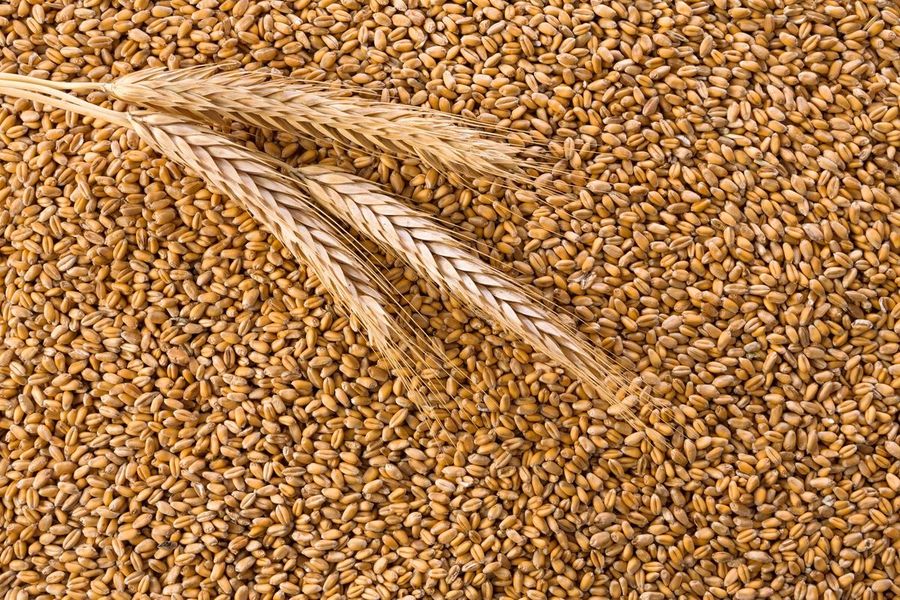Sudan’s Wheat Crisis: Inadequate Funding Threatens Million-Acre Cultivation

In a major blow to Sudan’s agricultural sector, inadequate funding threatens the cultivation of a million acres of wheat, a crucial crop for alleviating food shortages and easing the debt burden of struggling farmers. Despite the Ministry of Finance and the Agricultural Bank’s assurances of funding for the winter agricultural season by late November, farmers report governmental noncompliance with financial agreements, predicting a catastrophic failure of the season.
The government had aimed to cultivate wheat on 1.08 million acres across several states, allocating a budget of 359 billion Sudanese pounds. However, farmers express doubts about the announced cultivation area, particularly after Rapid Support Forces excluded vast areas in the Al Gezira project due to encroachment. Mohammed Abdullah, an agricultural expert, stressed that optimal planting for winter crops should be completed by November 26th. Delays can cause growth problems due to fluctuating temperatures.
Simultaneously, water shortages disrupt canal cleaning operations, adding to the burdens of loan repayments, and putting farmers in a precarious situation. The Supreme Committee, the Agricultural Bank, and the Al Gezira project management face calls for immediate solutions to ensure the agricultural season’s success. Despite accusations of funding deficits, the Agricultural Bank maintains its commitment to finance 300,000 acres of wheat cultivation in the Al Gezira project.
Following the April 2023 conflict outbreak in Sudan, the Food and Agriculture Organization of the United Nations (FAO) distributed nearly 10,000 tonnes of seeds to 1 million farming households, enabling them to produce enough food to meet the cereal needs of between 13 and 19 million people. Despite the immense support, the needs continue to grow, and critical funding is required. Meanwhile, in a bid to improve wheat cultivation, an international team, including Robin Buell from the University of Georgia, is sequencing the genomes of ancient wheat varieties under the Wheat Diversity Project funded by the U.S. National Science Foundation.
Read also
Wheat in Southern Brazil Impacted by Dry Weather and Frosts
Oilseed Industry. Leaders and Strategies in the Times of a Great Change
Black Sea & Danube Region: Oilseed and Vegoil Markets Within Ongoing Transfor...
Serbia. The drought will cause extremely high losses for farmers this year
2023/24 Safrinha Corn in Brazil 91% Harvested
Write to us
Our manager will contact you soon



